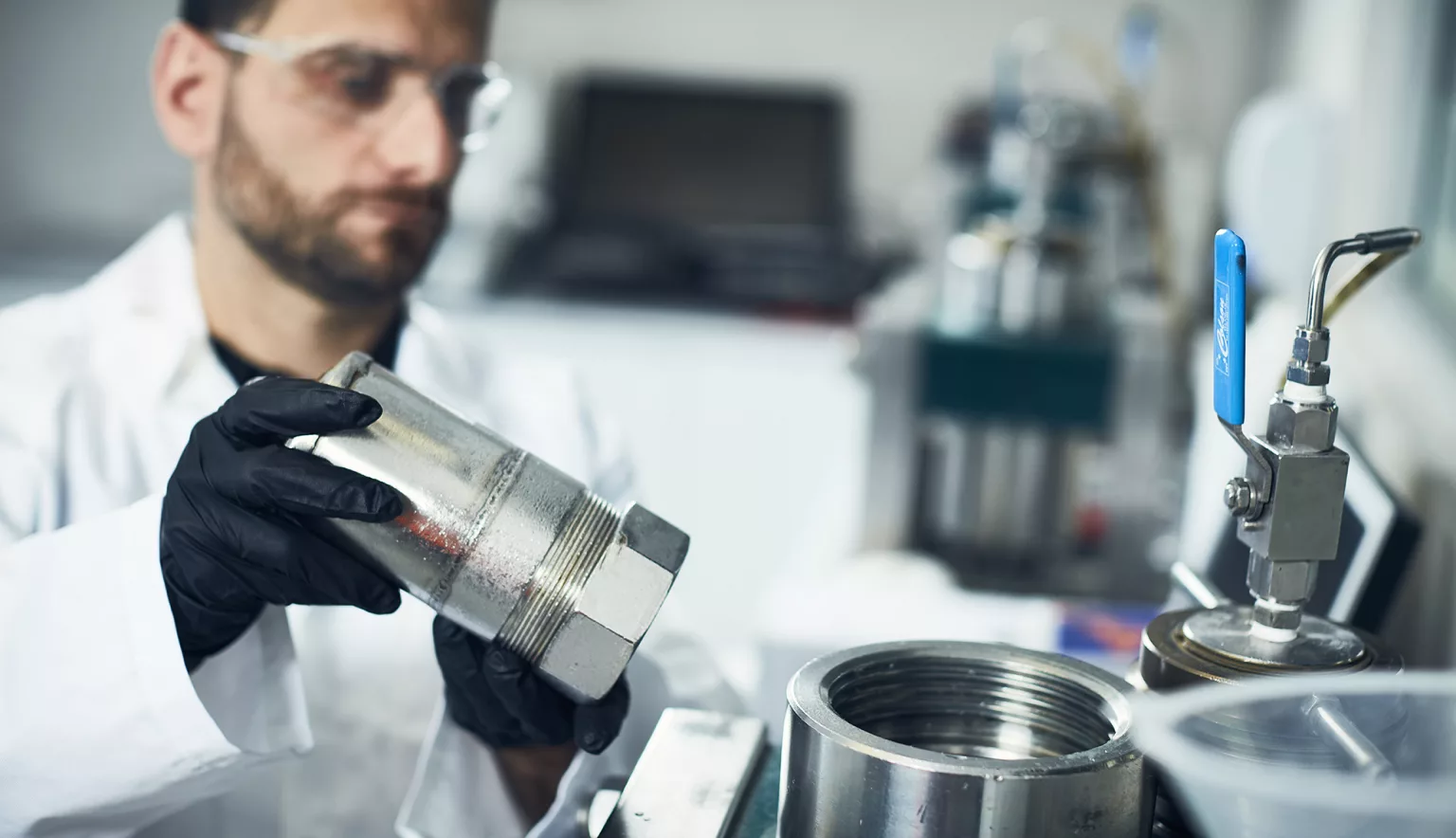Matrix Composites & Engineering is exporting Australian-made advanced materials all over the world, its lean production principles adding a competitive edge.
THE LEAN MACHINIST
Australia is a nation with a proud record of ingenuity.
Whether it is the bionic ear, ultrasound scanner or black box flight recorder, Australians’ knack for innovation has helped propel the country onto the global advanced manufacturing stage.
Indeed, of the nation’s A$100 billion total annual manufacturing output, the advanced subsector accounts for nearly half, driven by the adoption of cutting-edge technology and commitment to investing in research and development.
This rings true for Aaron Begley and his company Matrix Composites & Engineering.
Co-founding a business with his father in 1999, it was a case of sensing an opportunity to innovate and plug a gap in the market which saw it break away from the family’s more traditional engineering background.
“We saw an opening in the marketplace to diversify away from what we were doing in the heavy engineering manufacturing space, and that was presented to us by a materials technology from North America,” CEO Begley recalls.
“This prompted the development of our own version, which gave the company entrance into the oil and gas space.”
The composite material in question is called syntactic foam. Lightweight with high compressive strength, it is used in marine environments predominantly to provide flotational buoyancy for oil and gas drilling operations. Matrix is gearing itself up for a boost in the industry’s fortunes and anticipating greater volumes of demand from these clients.
A LEAN ENTERPRISE
As with Australia’s advanced manufacturing sector, much of Matrix’s revenue derives from export sales all over the world, key markets being North America, South America, North Asia, Southeast Asia and Europe.
The key to its global appeal? For Begley, it is twofold.
“Our strength is in the field of materials technology and advanced manufacturing,” he says. “We have the ability to tailor material properties to particular requirements and the manufacturing capability to produce them consistently and competitively in Australia.
“Our competitors are European but one of our major advantages is that we have very low levels of labour input, meaning we are extremely competitive in the area of efficiency and cost.”
Central to this is a steadfast commitment to processes and systems which are set up around lean production principles, an approach which Begley reveals was initiated around a decade ago when its plant in Henderson, Western Australia, was being assembled.
“This is designed to reduce waste between processes, and we have a system in place called ‘one piece flow’ through the plant here,” he adds.
“A lot of this is down to the physical layout of the facility, along with introducing automation where appropriate. This lean approach has allowed us to reduce working capital and increase the quality and consistency of product output.”
Underpinning this is the fact that Matrix’s plant is SCADA-controlled, the real-time data it collects enabling the company to monitor, record and analyse all processes, meaning if there are any issues, it can respond quickly and effectively.
New capabilities have also been added in recent months, for instance a large rotational moulding machine which produces hollow plastic products very accurately and in high volumes, serving clients in the oil and gas and the civil and infrastructure markets.
Matrix has also added the capability to manufacture lightweight composites for transportation and defence applications, the former representing a promising line of business thanks to an agreement with a major bulk freight company to develop and manufacture composite bulk transport system prototypes.
“In terms of the defence work, we are limited in what we can say here but it is an exciting avenue for us,” explains Begley. “We’re part of a defence science and technology collaboration with the University of Melbourne, RMIT University, and QinetiQ to make or investigate new materials for naval applications. This will be a long-term project for the business. There has also been great interest in establishing our subsea test facility, containing the Southern Hemisphere’s largest hyperbaric test capability, as a sovereign industry capability for defence.”
READY FOR THE REBOUND
The processes and cutting-edge technology detailed by Begley would count for little if it were not for the 100-plus employees adopting and using them. For the CEO, finding and developing the skills of competent engineers is paramount to the longevity of the company.
Matrix partners with local universities in a bid to identify the next bright sparks in the industry, while substantive in-house training and development programmes ensure such potential is maximised.
“It is always a challenge to find the right people,” Begley says. “In our case, we need a whole series of skills from a manufacturing and solutions standpoint.
“There are three tiers of skills that our company needs, the first being materials development engineering like industrial chemists and plastics engineers. We also need manufacturing engineering experts which is all about the process side of the operation and operating in a lean environment. The third capability is taking our technology in front of clients in an industry specific way – i.e. we need people who know the oil and gas sector, the defence industry, and so on.
“We anticipate the O&G sector getting busier, so these skills may be harder to find in the near future.”
It is this prospect that excites Begley moving forwards, the CEO eager to express that Matrix Composites & Engineering is ready to serve the upswing in the oil and gas industry.
He concludes: “We’re already starting to see the beginnings of this recovery, so it is vital that we maintain our capability in the oil and gas space. However, we will also continue working on our diversification plans which will ensure a sustainable future for our company.”





















